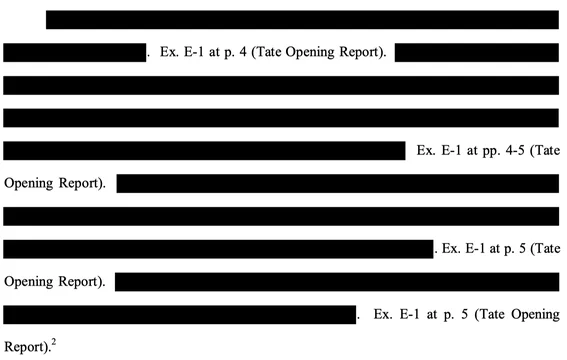As we've recently pointed out, you need more than a boilerplate motion with generic arguments to overcome the presumption of public access in D. Del. It also helps to submit a declaration. But even if you do, don't be surprised if your request is denied.
On Monday, Judge Andrews denied a Hatch-Waxman defendant's unopposed motion to redact a hearing transcript on a motion to dismiss. This was "not a boilerplate motion" and it "was accompanied by an Affidavit."
The defendant also made the kinds of arguments that have sometimes succeeded in the past:
The gist of the underlying motion to dismiss is that Sandoz has lost its API supplier and that Sandoz will not be able to get a new API supplier soon and the accompanying regulatory process necessitated by getting a new API supplier will cause at least two years of delay. Sandoz now says this information is the sort of confidential business information that should be redacted from the transcript of oral argument on the motion. Sandoz also says some of its negotiations with Sanofi about the current and past disputes, such as the covenant not to sue in a New Jersey case, is also confidential business information that should be redacted
Still, Judge Andrews found that these "arguments are essentially generic" and didn't meet the Third Circuit's high bar for sealing. He also mentioned that "the redactions cover the heart" of the argument, so it would be "hard to make sense of the oral argument without knowing what it is based on."
So remember, a declaration isn't a silver bullet. You're likely to lose a redaction request in D. Del., even if you do all the "right" things mechanically.
If you enjoyed this post, consider subscribing to receive free e-mail updates about new posts.





